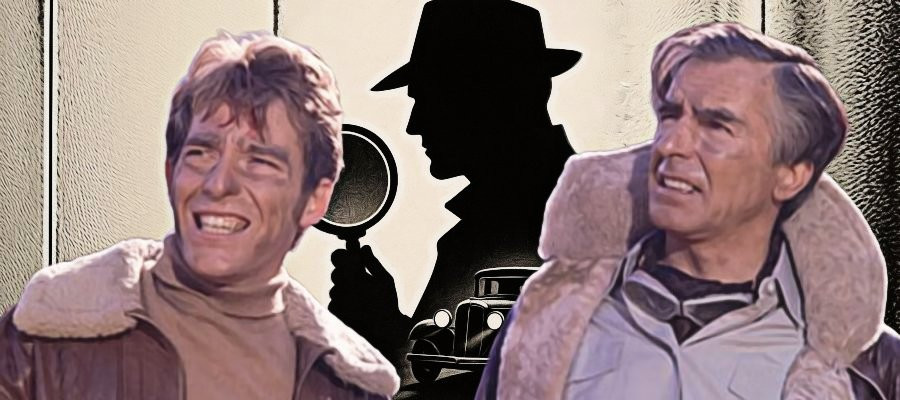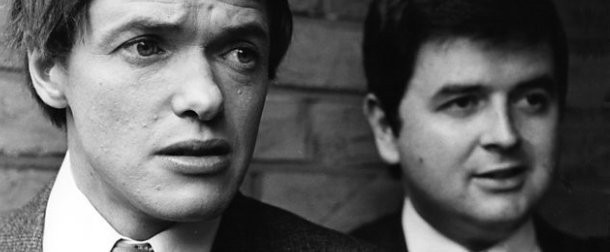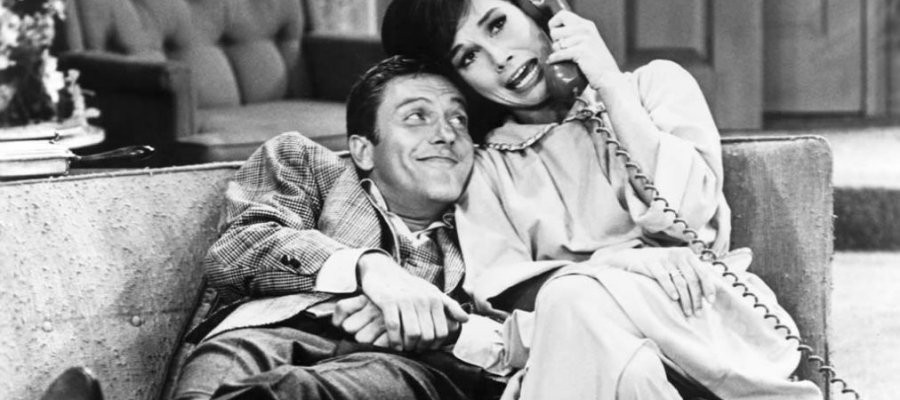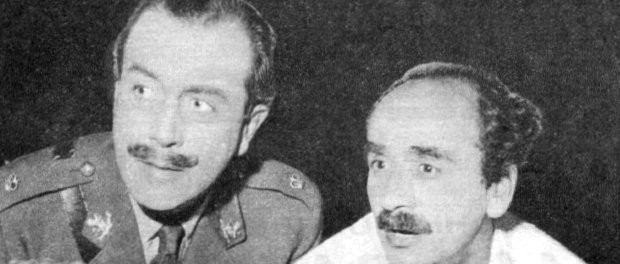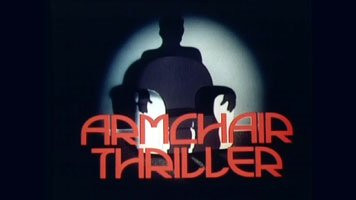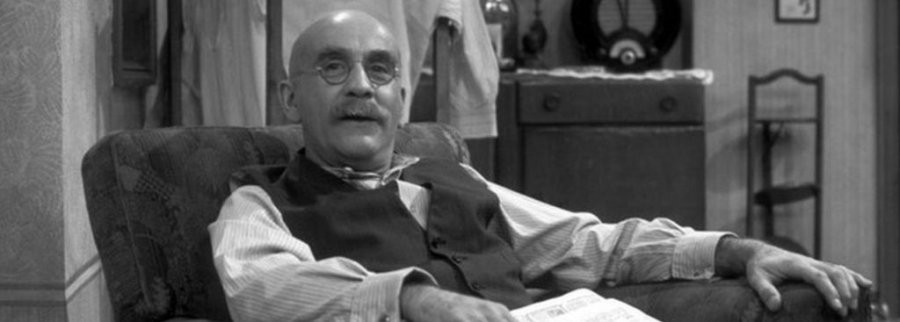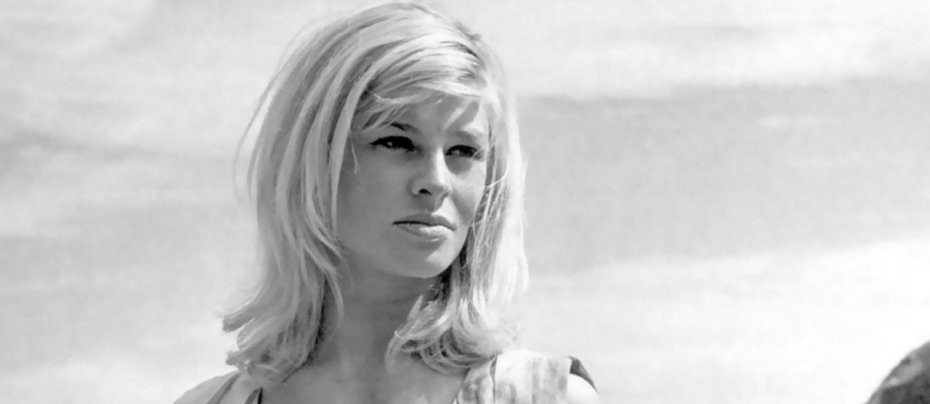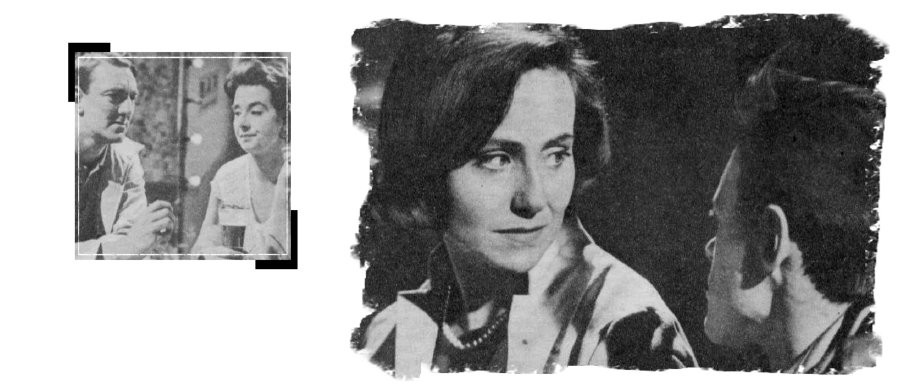
The Weekenders
1961 - United KingdomHow many marriages are dying of boredom? How many couples are dragging out a dreary, meaningless existence because they have long ceased to care for each other - and haven't the initiative to do anything positive about saving their marriages? And in any case, what can be done about it?
These are the questions posed colourfully, succinctly, and often amusingly by Rhys Adrian's play The Weekenders, which stars Jennifer Wilson, Bryan Pringle and James Bolam (who was making his first ITV appearance since leaving drama school two years previous). The play is set in a seaside caravan camp, which is visited with monotonous regularity by the same married couples every weekend of the summer. Barbara Lott and Victor Platt as Anne and Jack Harrison, and Jennifer Wilson and Bryan Pringle as April and Frank, are two couples who have been meeting there regularly for years.
Their routine never varies.
Kitchen chores for the women, while the men fetch the water and take a nap. A game of cards for the men and Bingo at the clubhouse for their wives. "For entertainment they cling to the old familiar things," said author Adrian. The emotional lives of both couples have also fallen into the same dull routine. They contrast sadly with the young lovers played by Keith Maidwell and Primula Pyne, who are obviously absorbed with each other. As Barbara Lott put it: "All four are horribly true to life. Everyone will recognise couples they know. Probably they didn't expect to fall into the habit of never smiling, or never saying a kind word to each other, and always being slightly aggrieved-but somehow it has happened."
Said Jennifer Wilson: "After seven years of marriage, sheer boredom pushes April into having a drink with Johnny (James Bolam), one of the camp employees who has deliberately set out to pick her up. And one knows so well that April and Frank are typical of thousands who have forgotten why they ever married."
Seen this show? How do you rate it?
Seen this show? How do you rate it?
Published on April 4th, 2020. Adapted from original TV Times article..


